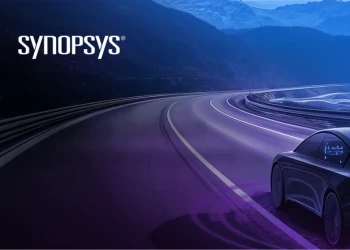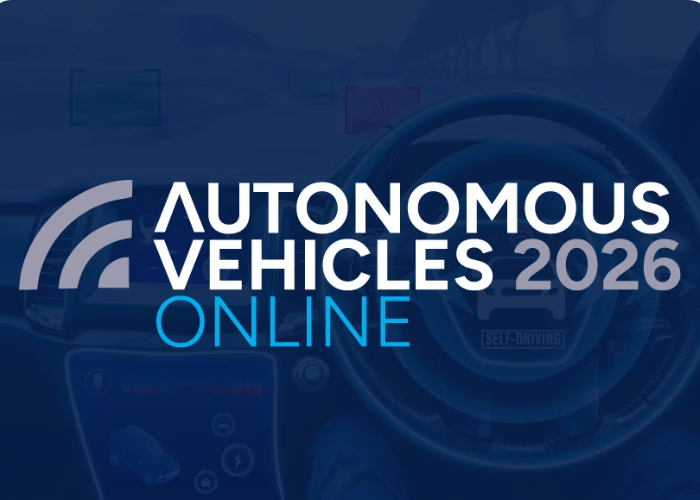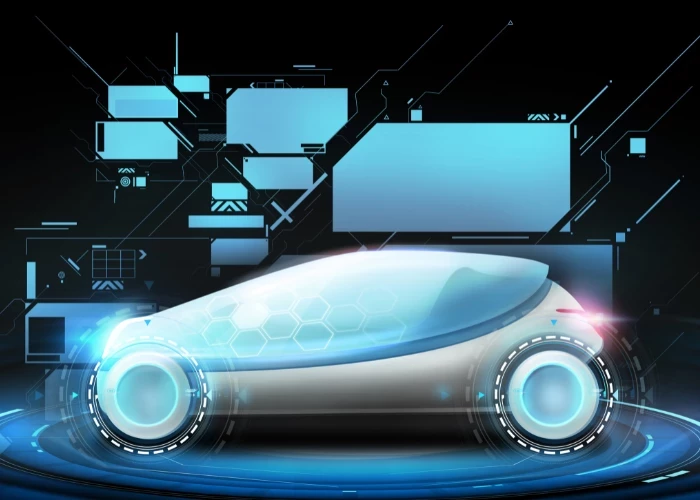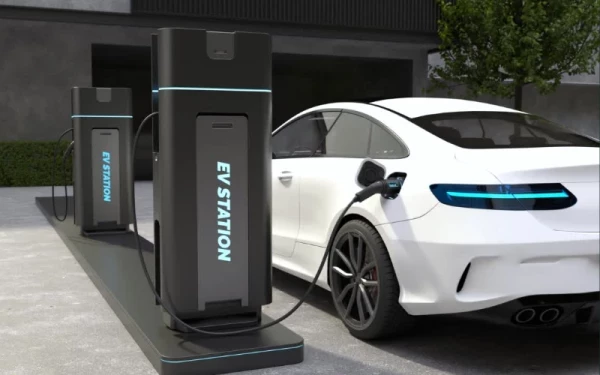Frankfurt Motor Show EV and PHEV highlights
Add bookmarkThe 2019 Frankfurt Motor Show, or Internationale Automobil-Ausstellung (IAA) if you want to sound like a local, is now under way.
However, the show will be like no other in recent years, for both good and bad reasons.
The challenges of modern motor shows
Motor shows in general are becoming harder to justify for the carmakers as the limelight has to be shared with so many other new-car debuts, and so many additional media channels.
With the high-profile – and high investment – arrivals of the Volkswagen ID3, Porsche Taycan and reborn Land Rover Defender to compete with, Fiat Chrysler Automobiles is sitting the event out, so that means no new products from Alfa Romeo, Fiat, Jeep and the like. Ferrari is passing, too.
PSA Group, Europe’s second largest carmaker, is keeping any new Citroen, Peugeot and DS models at home, although its Opel subsidiary will show off its new Corsa. Likewise, Toyota, Nissan, Mitsubishi, Subaru, Kia and Volvo won’t be there.
As a result, Germany’s VDA auto industry association has confirmed that the number of exhibition halls has dropped from eight in 2017 down to five this year – Frankfurt holds a show every odd-numbered year, with Paris hosting on even ones.
The event is also likely to be targeted by climate protest groups, especially given the German car industry’s principle role in the Dieselgate emissions scandal.
Change is in the air
In response to the downturn in manufacturer interest, the Frankfurt show’s organisers have tweaked the format, adding the IAA Experience, where showgoers can test drive a selection of electric vehicles, and the IAA Conference, which will include debates on topics like future mobility.
Here's some of the trend-setting vehicles that were unveiled at the event:
Audi AI:TRAIL
Following its electric Aicon, AI:RACE and AI:ME show cars, Audi has debuted the AI:TRAIL, an autonomous electric buggy concept at the show, alongside its freshly liveried e-tron FE06 Formula E racer. The AI-TRAIL completes a quattro of showcars that spell out ideas that Audi will weave into future cars. One of the concept's most striking features is that it does away with fixed headlights. Instead, a fleet of matrix LED-equipped drones fly ahead of the car to highlight the way ahead.
BMW Concept 4
BMW's major show surprise was the Concept 4, a preview of the next-generation 4 Series line-up, and a sign that its designers' current obession with monster front grilles shows no sign of stopping. The Concept 4 was shown alongside the Vision M Next supercar concept, and a host of new and near-series models that BMW debuted. These included the X5-based i Hydrogen NEXT, due in 2022 in small series production using a next-gen hydrogen fuel cell developed with Toyota. A full-series hydrogen-powered production model is due in 2025.
Byton M-Byte
This is the production version of the Byton M-Byte, with 48-inch pillar-to-pillar screen fully intact. It's available in 200kW rear-drive or 300kW four-wheel drive configurations, and there's a 72kWh entry-level battery or 95kWh on the high-level models. Prices will start at around €60,000 in Germany, but you won't get your car until 2021, as the first is prioritizing sales in its home market of China.
Cupra Tavascan concept
Named after a Spanish ski resort, the Cupra Tavascan gives an idea of how the brand's design themes will move away from its SEAT parent. The Tavascan is a pure EV, built on the VW Group MEB platform, further showcasing the flexibility of the Group's electric underpinnings. SEAT will show a PHEV version of its Tarraco SUV.
Honda E
Part of Honda's bid to get its entire line-up electrified in some form by 2025, the Honda E is an urban-focused full EV available in two power outputs - 100kW or 113kW. The car's intriguing blend of new tech with a retro design is sure to win it plenty of fans.
Hyundai 45
The 45 concept is a fully electric compact concept car that sets out the future design direction for the Hyundai brand by borrowing some nicely 1970s lighting details.
The design philosopy is called 'Sensuous Sportiness' and that theme will be backed up by Hyundai's N motorsport department showing its new, in-house developed electric touring car championship EV racer, called the Veloster N ETCR.
Lamborghini Sián
With no Ferrari or Aston Martin at the show, supercar performance is being left to Lamborghini. The Italian firm has duly obliged with the Sián, a V12-powered limited edition of 63 cars, all of which are already sold. Of interest is the fact the car is Lambo's first production car with some sort of electrification. In this case, the Sián has a 48V e-motor in the gearbox that adds 34hp, powered by a supercapacitor, rather than a lithium-ion battery.
Land Rover Defender
New Defenders don't come along very often, so this one is likely to hoover up the headlines. Not least because the Defender is now a global car, sold in 128 territories, including China and the US for the first time. Of interest from a future mobility point of view is that even the Defender isn't immune from alternative powertrains, as Land Rover has confirmed a mild hybrid six-cylinder engine to start with, and a PHEV version offered from next year.
Mercedes Vision EQS concept
Not to be outdone by premium rival BMW, Mercedes has shown off its new flagship electric sedan concept. Called the Vision EQS, the car features a 100kWh battery pack powering all four wheels via 350kW motors, and a potential range of 700km. The firm also showed the production EQV, which is an electrified version of the V-Class van, plus a host of PHEV-versions of its current cars.
Mini E
The original Mini celebrates its 60th birthday this year. Part of the party is the beginning of Mini's electrified future, with the production Mini E debuting at the IAA. The powertrain comes from the (aging) BMW i3, and you can drive one from March 2020.
Porsche Taycan
After quite the teaser campaign, Porsche finally unveiled the Taycan last week in a global simulcast that saw the car appear in front of audiences simultanously in China, Germany and the US. And if you're in Frankfurt this week, you can see what all the fuss is about for yourself.
Smart ForTwo and ForFour EVs
Not necessarily earth-shattering news, but this one's interesting if you have an eye on the future. The Smart ForTwo and ForFour have both been given their customary mid-life updates, and gone fully electric in the process. No more gas power for Smart, as the Daimler brand goes all EV in a bid to secure its future.
Opel Corsa E
While the rest of the PSA Groupe sits out the show, Opel is obliged to continue to pretend that it's German and will show its all-new Corsa. Big news is that it'll also debut the electric version of the car for the first time, with 100kW of power and a 50kWh battery - following that of its sister car, the Peugeot e-208. The car will also replace the Adam in Opel's one-make rally series. The racer will debut at the IAA, too, making it the first fully EV rally car.
Volkswagen ID3
Last but by no means least, arguably the most important EV at the show is Volkswagen's first, proper mainstream electric car, the ID3. The name indicates its significance, following the Beetle and Golf as the brand's third major era. It's the first production car built on the MEB platform and represents the future of the brand, so much so that the whole Volkswagen company has had its branding overhauled.
VW has already sold 35,000 ID3s despite production not starting until November and deliveries until next March. The ID3 has to be good, as it also represents a huge step for the eMobility industry...
EV is about to be EVerywhere.
































